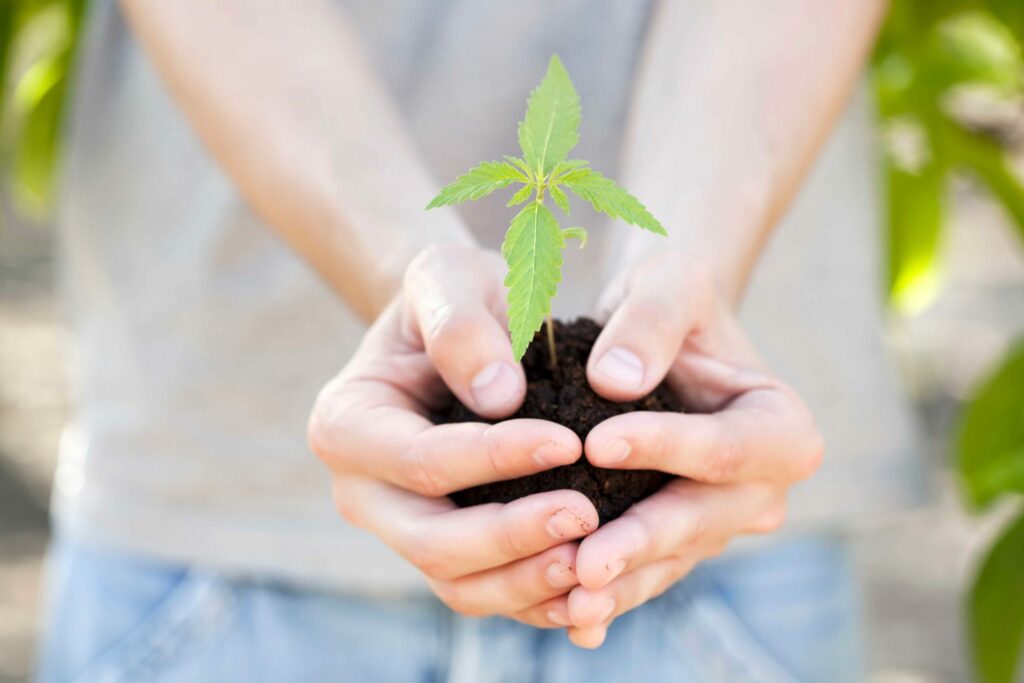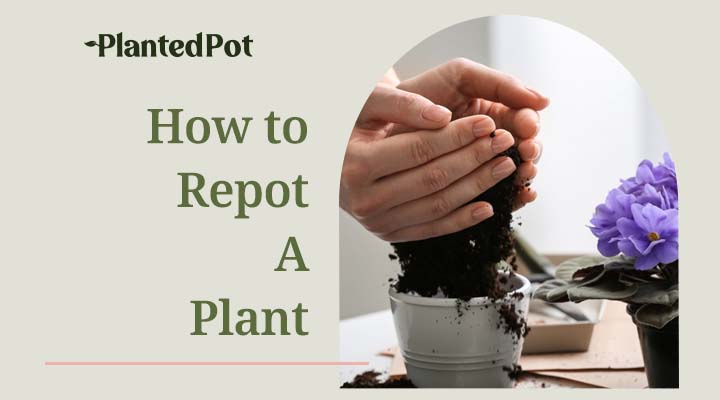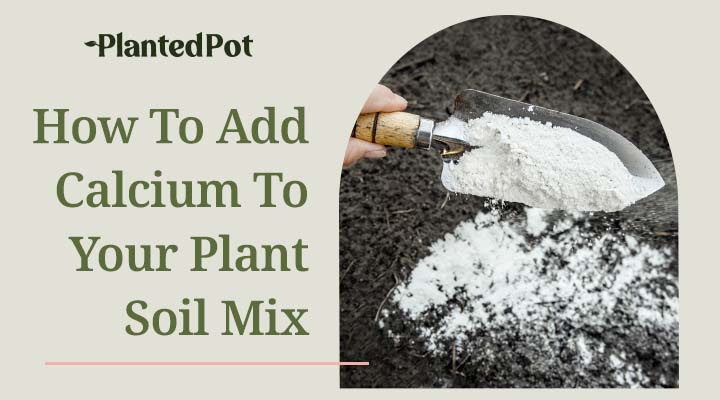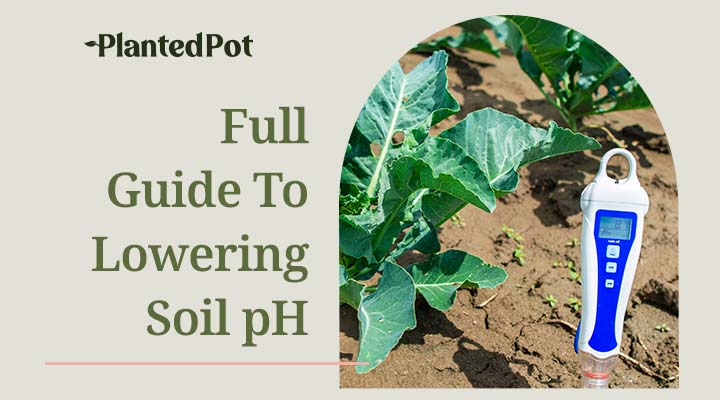
How To Get Rid of Aphids Naturally: The Easy Guide To Healthier Plants
Home / How To Get Rid of Aphids Naturally: The Easy Guide To Healthier Plants
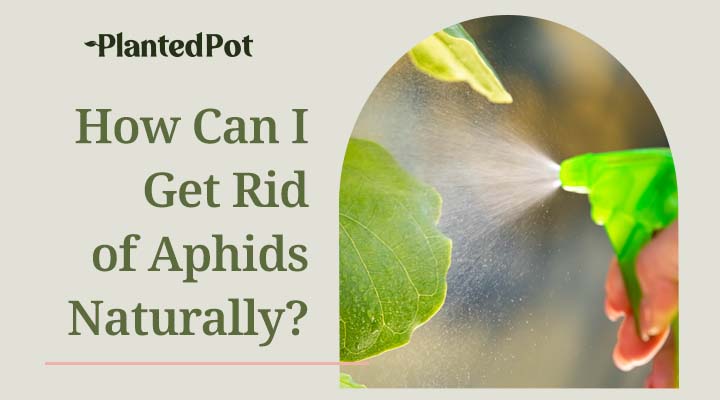
How To Get Rid of Aphids Naturally: The Easy Guide To Healthier Plants
- Camilla Salas
- November 1, 2021
- 1:38 pm
- No Comments
Did you know that it’s possible to get rid of aphids naturally? Battling aphids can be tough, but there are many ways to save your infested plants that don’t include the use of chemical pesticides. Chemical pesticides can be dangerous to use near children and pets and are not very environmentally friendly.
Natural repellents are better for the air and environment. By using organic aphid control to repel aphids, you can better protect your plants’ wellbeing without worrying about the hazards that come along with the use of harsh chemicals. Not to mention, you also won’t have to worry about affecting the overall health of your family, neighbors, or community.
What Are Aphids?
Aphids are small insects about 2mm in diameter (or about as thick as one US nickel coin). They are the only insects with cornicles (small tubes that release different pheromones or secretions) on the outsides of their stomachs.
While they are most commonly green, aphids vary in color, shape, and design. They can even be multi-colored. Don’t let their cute size fool you, though — aphids are generally considered one of the worst pests and can make it difficult to grow any vegetation successfully.
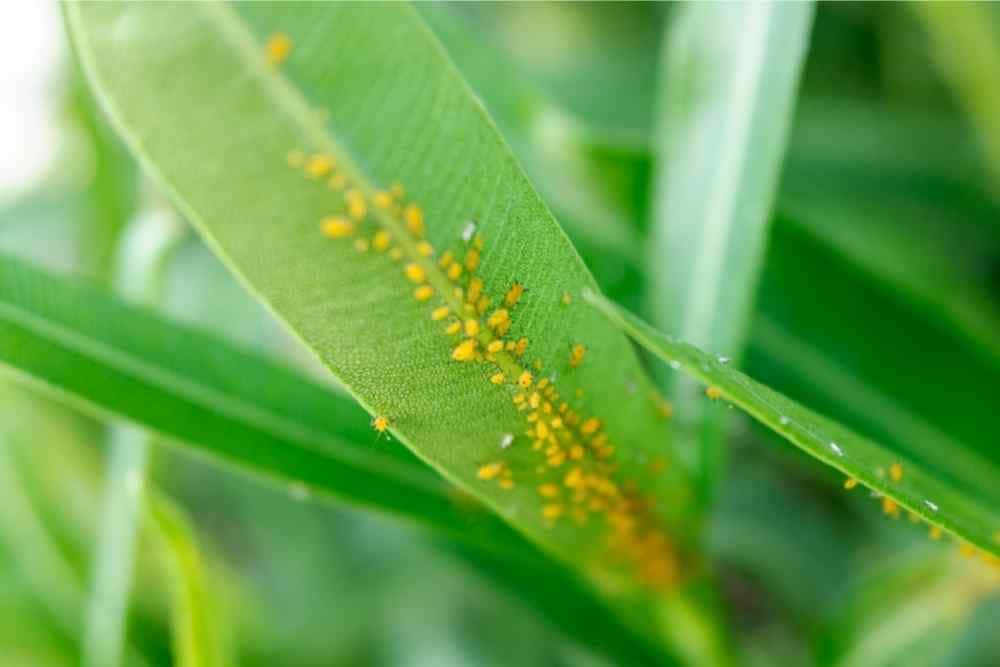
What Do Aphids Eat?
Aphids’ diets consist of plant juice proteins, which they suck out of different parts of each plant they infest. Many plants have a greater sugar than protein content, which means that each aphid needs to eat a lot to fulfill the nutrients it needs to live.
Honeydew Creation
After they’ve consumed these plant juices, aphids excrete most of the excess sugars since they don’t need sugar to survive. This sticky leftover substance is commonly known as honeydew! Honeydew is a great food source for ants, so ants will frequently protect and care for aphids in exchange for this sweet treat.
Other insects and creatures can collect honeydew to turn it into honey, but honeydew can be a nuisance without this help. If left uncollected, honeydew can produce a kind of fungus on plants’ leaves. This fungus is known as sooty mold. While it does not infect the plant itself, it can affect and stunt its growth by blocking sunlight from reaching its leaves.
How Long Do Aphids Live For?
Aphids normally live for about one month. Unfortunately for us, they can reproduce without being fertilized and can have hundreds of babies at a time, so their short life-spans don’t help in controlling their population size.
They can also give birth to living young, which can sometimes help them grow and expand their colonies at an even faster rate. Aphid eggs can also survive through the winter and will hatch when temperatures begin to warm.
Some fully-matured aphids can grow wings and fly to better serve their colony’s needs. They have also been known to migrate if necessary and can travel long distances on wind gusts in search of better plants and crops to invade.
Are Aphids Common Plant Pests?
Yes — with over 1,000 different species, aphids are very common soft-bodied insects and can be found on most kinds of vegetation, including garden plants, indoor plants, and many other plants. While they are found all over the world, they mostly reside in mild and moderate climates.
Some species can be peskier than others. While some kinds of aphids only feed on one or two kinds of plants, others will feed on many different kinds and cause greater overall destruction.
Are Aphids Easy to Get Rid Of?
In short, how easy it is to get rid of aphids depends on the colony’s size. A few aphids normally won’t cause too much trouble and can be easy to get rid of. However, it can be especially difficult to kill aphids once they’ve expanded their colony because of how quickly they can reproduce.
They’re also difficult to manage and get rid of because of how small they are. If you’re not paying close enough attention to your plants, it can be easy to miss hiding aphids when they first start appearing on your plants. Mature winged aphids are also good at evading predators and escaping on winds to populate other areas.
Can Aphids Cause Damage to My Plants?
Aphid infestations can cause many problems for gardeners, farmers, and plant friends alike. They normally do not discriminate between which plants they infest and can damage an entire plant if not properly terminated.
These insects can:
- Cause stunted growth amongst young plants.
- Be capable of transmitting plant viruses and disease, which can have catastrophic effects on plant, human, and animal populations who rely on crops.
- Cause harm to physical components of plants, leaving stalks, leaves, buds, and flowers curled up and destroyed.
- This kind of harm can sometimes permanently damage plants cosmetically.
How To Get Rid of Aphids Naturally
You can use many effective methods to successfully get rid of aphids naturally, so if one method isn’t right for you, another will likely help you get rid of your garden pests.
Some of these methods are much easier to use than others — if one idea doesn’t work for you, try out another or use a different combination to see what will work best to get rid of your aphid infestation. One of the benefits of using natural solutions is that if one method isn’t enough on its own, you can try out a few together!
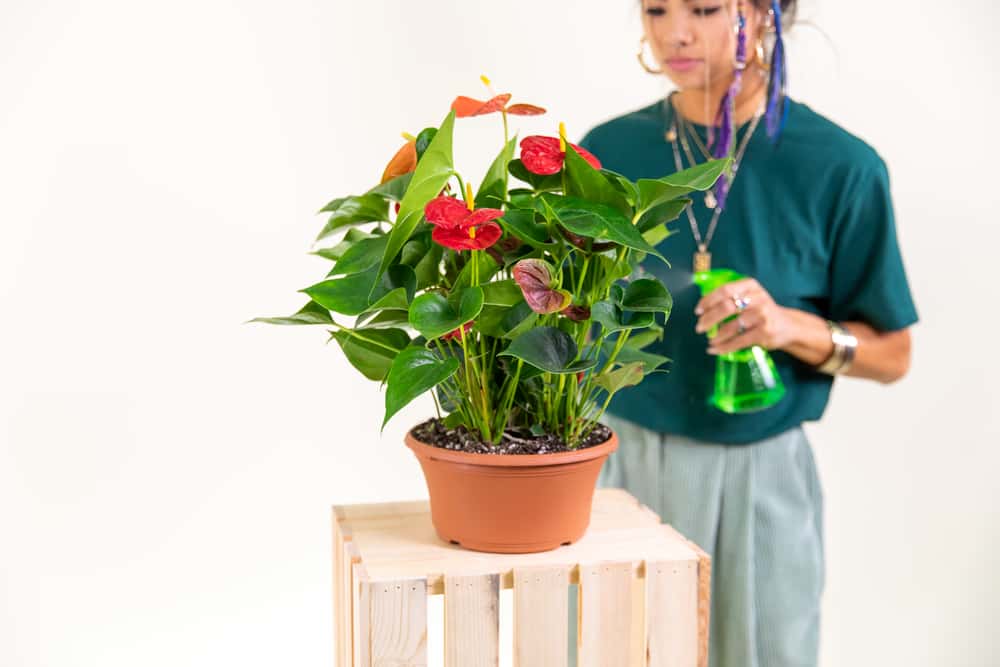
Homemade Aphid Control
If you have strong enough plants, one easy “homemade” method for controlling aphids is by using a high-pressure garden hose to blast them away. Alternatively, you can also brush them away with your hand, but this might take a lot more time depending on how serious your infestation is.
Other more lasting solutions include:
- Creating a homemade aphid spray or insecticidal soap: You can create a natural spray by combining vegetable oil, dish soap, and water to ward away aphids. Vinegar and water solutions have also been known to help eliminate aphids.
- Using neem oil: Neem oil is a tree oil that has worked as a natural repellent for centuries. This oil makes it difficult for aphids to feed and lay their eggs and can effectively lower their population in time.
It is important to be as thorough as possible when trying to rid your plants of aphids. Since certain species don’t require fertilization to reproduce, any remaining survivors still pose a risk to your plant life.
Natural Predators: Beneficial Bugs and Creatures
In nature, aphid infestations are usually controlled by other beneficial insects who eat them. Unfortunately, those of us who grow plants ourselves sometimes need an extra helping hand.
Another way to help control aphid populations is by also growing or buying plants that attract these beneficial insects. Doing this can help to control the aphid population if homemade solutions aren’t enough on their own. Such insects include:
- Ladybugs and other beetles
- Aphid lions
- Green lacewings
- Parasitic wasps
- Other predatory insects
Besides bugs, many birds are also helpful in diminishing aphid populations. Due to their large populations, they are easy for birds to find and provide a lot of nutrition for hatchlings and other baby birds.
Tips for Aphid Prevention
One of the best ways to keep aphids at bay is by employing preventative measures right from the start. Aphids are often attracted to plants that have been overwatered (these provide a juicier meal), so by watering your plants appropriately, you can help protect them. Aphids are also attracted to younger plants. Try misting your homemade aphid spray on young leaves and stalks to help keep aphids at bay before they settle on new stems.
You can also prevent and control aphids by:
- Being mindful of plant health when shopping for plants and paying attention to whether or not there are any aphids already on them. Humans are some of the biggest spreaders of aphids, and with a watchful eye, we can help prevent infestations on our own.
- Purchasing plants that attract aphid predators — like bug-eating birds and ladybugs — when shopping.
- Keeping ants away from your plants, especially if you’ve had a problem with ants in your home before. Ants will protect aphids, making it harder to remove them from affected plants.
Final Thoughts – How to Get Rid of Aphids Naturally
Aphids can be a massive inconvenience, but there are so many techniques available for naturally eliminating them. By using any one or multiple methods together, it can be possible to rid your plant life of them entirely!
Do you want to save and further protect your plants and your community’s plant life too? Check out the Learn section of our site to read about plant care and more. You can also visit our Plants section to expand your leafy collection.
